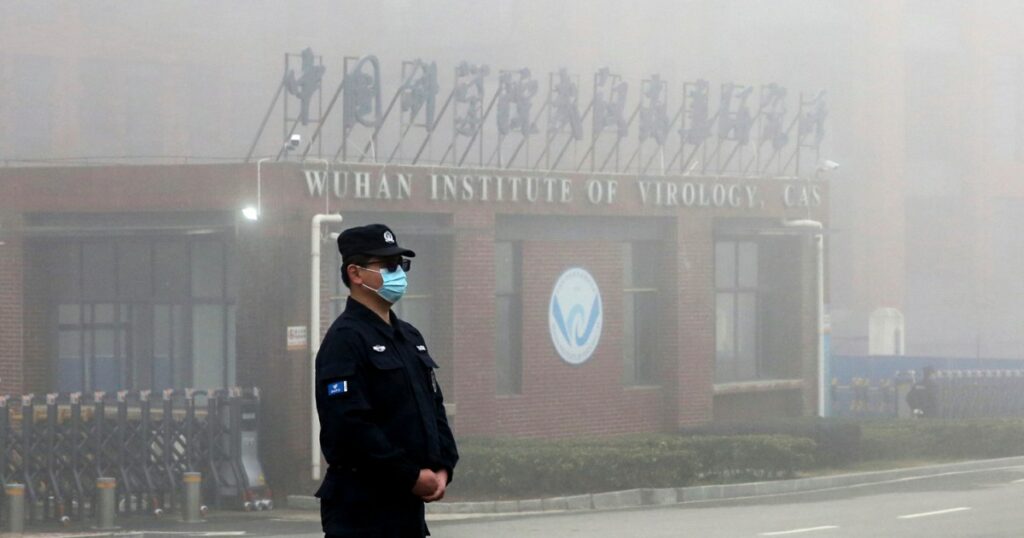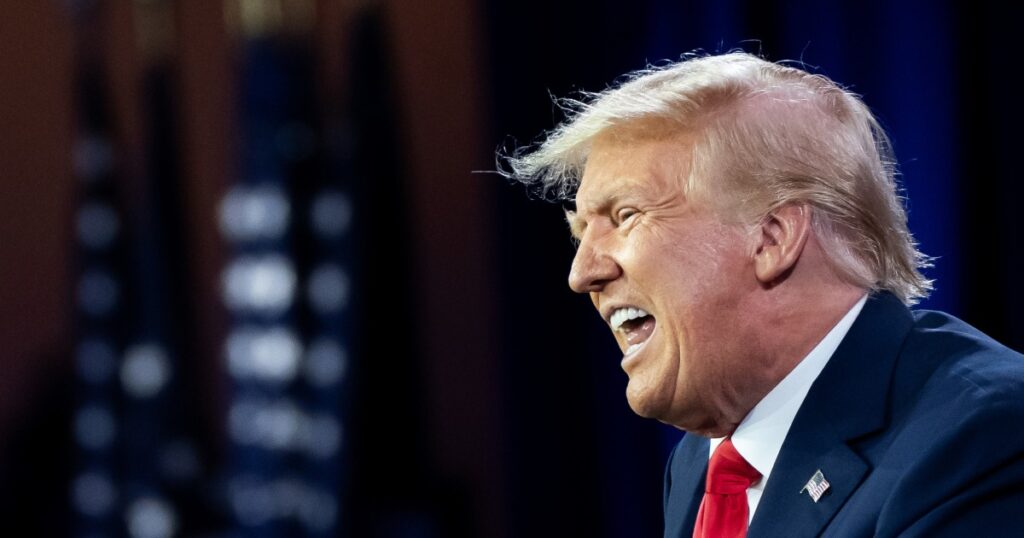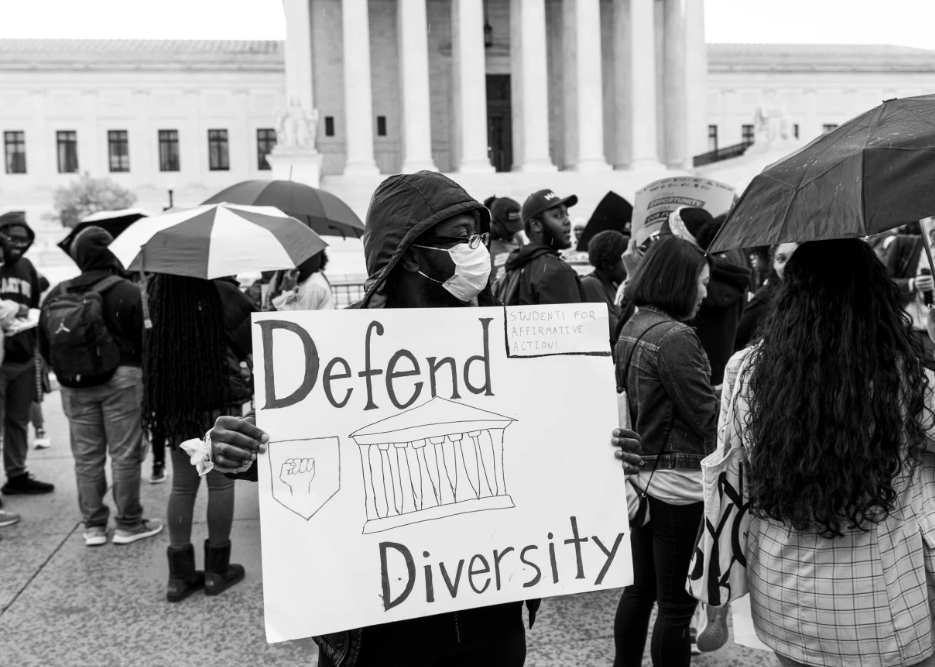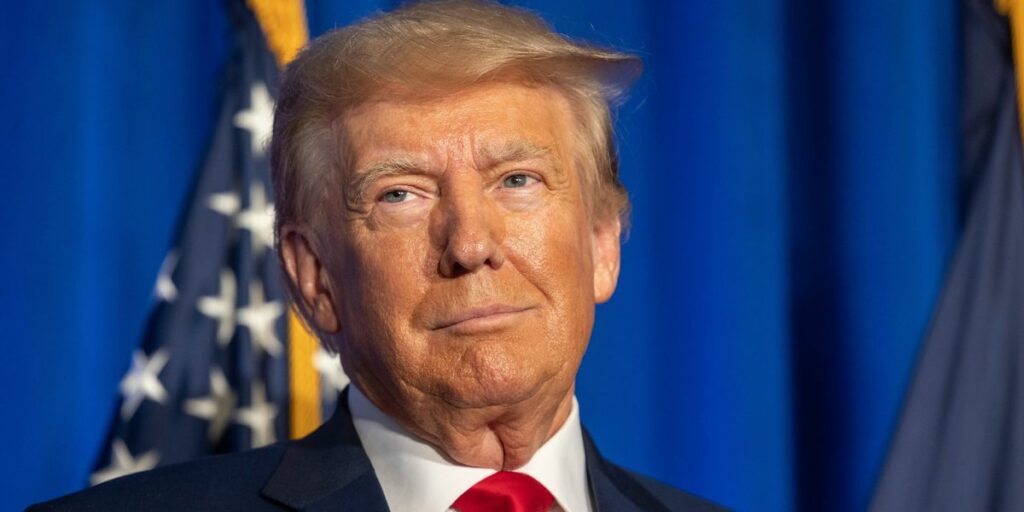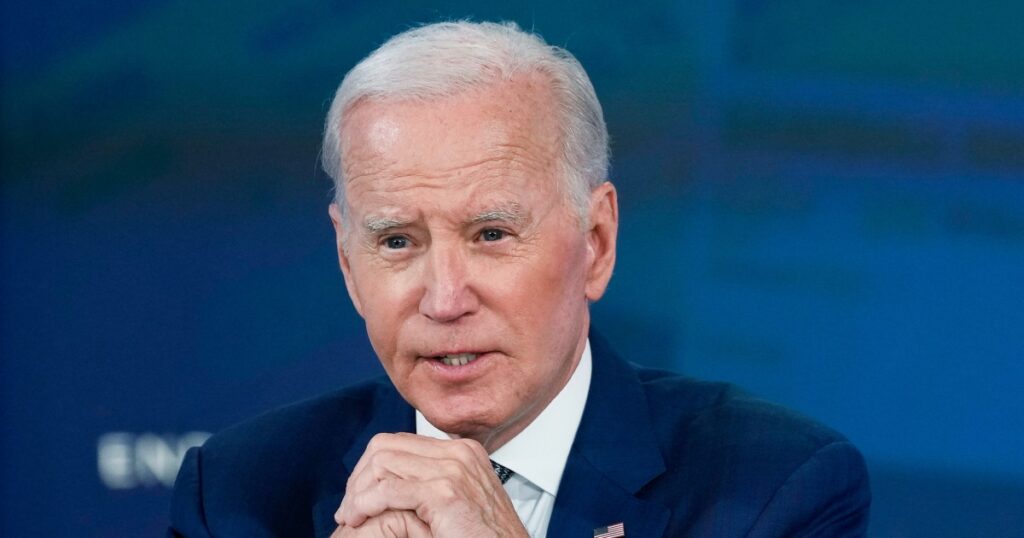New Report Debunks Lab Leak Theory: Here’s What You Need to Know
Americans are increasingly convinced that the novel coronavirus originated from a lab rather than from an animal infecting a human. However, a recently declassified U.S. intelligence report has dealt a blow to the “lab leak” theory. Despite this, advocates of the theory are claiming vindication based on two news reports. But are these reports really the smoking guns they claim to be?
Scientific Evidence Points to Natural Origin
The scientific community initially dismissed the lab leak theory, with experts condemning conspiracy theories suggesting otherwise. However, some virologists did wonder if the virus could have accidentally escaped from a lab. Yet, after studying the virus, these same scientists concluded that it most likely originated from the live wildlife trade in China, specifically from a wet market in Wuhan.
Circumstantial Evidence vs. Hard Evidence
The lab leak theory is built on circumstantial evidence and unanswered questions, rather than concrete findings. Lab leakers question why scientists haven’t identified the exact animal source of the virus. However, history shows that identifying the source of a virus can take years. Meanwhile, scientists continue to accumulate evidence pointing to an animal source for Covid-19.
Did Gain-of-Function Experiments Occur?
While it is possible that the Wuhan Institute of Virology conducted gain-of-function experiments, there is no hard evidence to support this claim. The declassified intelligence report found no indication of genetic engineering work related to the pandemic. Even if such experiments did occur, the earliest cases of Covid-19 were concentrated in a market nine miles away from the institute.
The Department of Energy’s Assessment
The Department of Energy’s intelligence assessment, which lab leakers point to as evidence, actually refers to a different lab, the Chinese Centers for Disease Control. This assessment does not support the lab leak theory as proponents have suggested.
The Burden of Proof Lies with Lab Leak Advocates
While it remains possible that Covid-19 leaked from a lab, the burden of proof lies with lab leak advocates to provide hard evidence. So far, they have not been able to disprove the overwhelmingly likely explanation of a natural origin. Until concrete evidence emerges, the lab leak theory remains unsubstantiated.
In conclusion, the recently declassified intelligence report and scientific evidence continue to support the natural origin theory of Covid-19. While the lab leak theory remains a possibility, it lacks the hard evidence necessary to overturn the prevailing explanation.
Mehdi Hasan Reveals the Compelling Evidence Supporting Covid’s Natural Origin
In the midst of the ongoing Covid-19 pandemic, the origins of the virus have been a subject of intense debate and speculation. Various theories have emerged, ranging from the virus being a result of a laboratory leak to it being deliberately engineered as a bioweapon. However, renowned journalist Mehdi Hasan has recently shed light on the compelling evidence supporting the natural origin of the virus.
Hasan, a respected commentator and host of the “Deconstructed” podcast, has meticulously examined the available scientific research and expert opinions to present a comprehensive analysis of the origins of Covid-19. His findings challenge the prevailing conspiracy theories and provide a compelling case for the virus’s natural origin.
One of the key pieces of evidence supporting the natural origin theory is the genetic makeup of the virus. Scientists have extensively studied the genome of SARS-CoV-2, the virus responsible for Covid-19, and have found striking similarities with other coronaviruses found in bats. This suggests that the virus likely originated in bats and then transmitted to humans, possibly through an intermediate animal host.
Furthermore, the World Health Organization (WHO) conducted an investigation into the origins of the virus in Wuhan, China, where the first cases were reported. The joint study, involving international experts, concluded that a laboratory leak was “extremely unlikely” and that the introduction of the virus through an intermediate animal host was the most plausible explanation. This conclusion was based on extensive research, including interviews with individuals who were among the first to fall ill, as well as analysis of environmental samples.
Hasan also highlights the lack of concrete evidence supporting the laboratory leak theory. While it is important to investigate all possibilities, it is crucial to base conclusions on scientific evidence rather than speculation. The absence of any definitive proof linking the virus to a laboratory leak further strengthens the case for its natural origin.
Moreover, Hasan emphasizes the importance of trusting the scientific community and their rigorous research. Scientists worldwide have dedicated their efforts to understanding the origins of the virus and developing effective strategies to combat it. Dismissing their findings without substantial evidence not only undermines their work but also hampers our ability to effectively respond to future pandemics.
It is essential to approach the origins of Covid-19 with an open mind, but also with a critical eye. While conspiracy theories may capture public attention, it is crucial to rely on scientific evidence and expert consensus. Mehdi Hasan’s analysis provides a valuable contribution to the ongoing discussion, reinforcing the overwhelming evidence supporting the natural origin of the virus.
In conclusion, Mehdi Hasan’s exploration of the evidence surrounding the origins of Covid-19 reveals a compelling case for its natural origin. The genetic makeup of the virus, the findings of the WHO investigation, and the absence of concrete evidence supporting a laboratory leak all point towards a zoonotic transmission from bats to humans. As we continue to navigate the challenges posed by the pandemic, it is crucial to rely on scientific research and expert opinions to inform our understanding and response.

